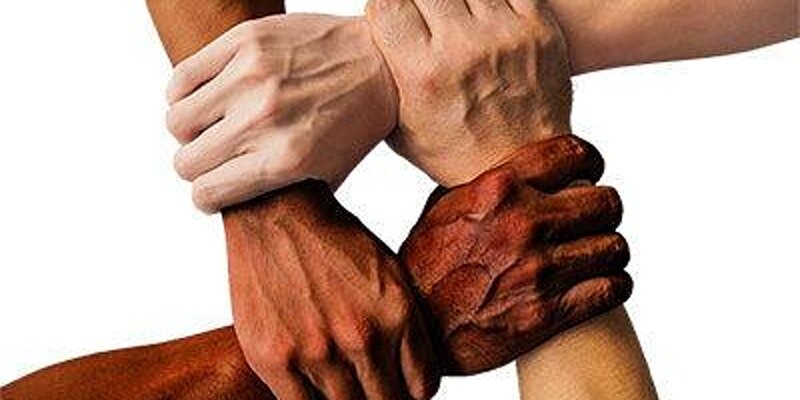Dialogue for Peaceful Change (DPC) is an international program that has brought together the best methodologies from around the world in community-based conflict mediation, providing effective tools and strategies for analyzing and addressing conflicts. This is a program applicable to conflicts and disputes in communities, families and organizations moving beyond traditional mediative methods, focusing on conflict content, culture, and spirituality.
Leadership
Steve Law
Stephen Law is an internationally certified mediation coach in Dialogue for Peaceful Change. Stephen has offered trainings in Northern Ireland, India and North America. Stephen was the past chair of Peace Brigades International and has trained international accompaniers in conflict areas around the world. Stephen has mediated conflicts in community-based organizations, family structures and cooperative social enterprises and offered programming which builds bridges between groups, communities and organizations.
Stephen was the Social Transformation Program Coordinator with the Tatamagouche Centre and is an Associate of the Coady International Institute where he has taught the Community-Based Conflict Transformation and Peacebuilding course at St. Francis Xavier University. He designed and delivered the Welcoming Ambassador Program to support the integration and inclusion of Syrian newcomers to Nova Scotia. He is also the author of the novel Tailings of Warren Peace which was shortlisted for in the 2013 Atlantic Book Awards. His latest novel is, Under Her Skin (Roseway, 2017).
Ishbel Munro
Ishbel Munro has been a social justice activist and community builder for over 50 years. She is an internationally certified mediation coach in Dialogue for Peaceful Change. She has been offering training since 2010. She was also trained in mediation at Henson College, Dalhousie University. Ishbel has mediated conflicts within non-profits, in Indigenous communities, with families and co-operatives. She has also mentored new mediators for many years. Ishbel likes the opportunity that mediation provides for personal reflection and transformation. She is currently Coordinator of Apaji-wla’matulinej and Women of First Light, which are Indigenous women lead organization from Wabanaki homelands. They work to heal Indigenous communities through bringing back traditional ways of being including Clan Mothers, the relationship to the land and Creator, the languages and providing support and mentoring. Much of her work prior to this has been building bridges between peoples. Through Coastal Communities Network she developed projects like On Common Ground which brought together the African Nova Scotian, Mi’Kmaq, Acadian and fishing communities to learn about each other’s culture, heritage, and histories. This process avoided violence that we saw between First Nations and non-native fishermen in New Brunswick.
Program Cost
We acknowledge that there are systemic barriers that make it difficult to participate and access programs. We work to support those who are unable to pay the full cost of programs, while providing a living wage for facilitators and covering the costs of learning programs.
We name the true program fee to allow those who are able to pay this cost to do so. We don’t want financial barriers to prevent anyone from participating in a learning program so we also offer bursaries for registrants to choose but we only have limited funds to support attendees so please use only what you need. Financial support is reserved for individuals who are not sponsored by an organization.
We offer cost reduction of:
$625 use promo code bursary1 at check out
$475 use promo code bursary2 at check out
$325 use promo code bursary3 at check out
Please copy the chosen promo code and enter it at check out to reduce the program cost.
Tatamagouche Centre is grateful to United Way of Colchester County, Telus Foundation, Edwards Family Foundation for funding to support youth, BIPOC applicants, LGTBQIA2S+, applicants with disabilities, mental health barriers to participate in learning programs.
Tatamagouche Centre is also grateful to live in Mi'kma'ki and work on the ancestral and unceded territory of the Mi'kmaw people.



